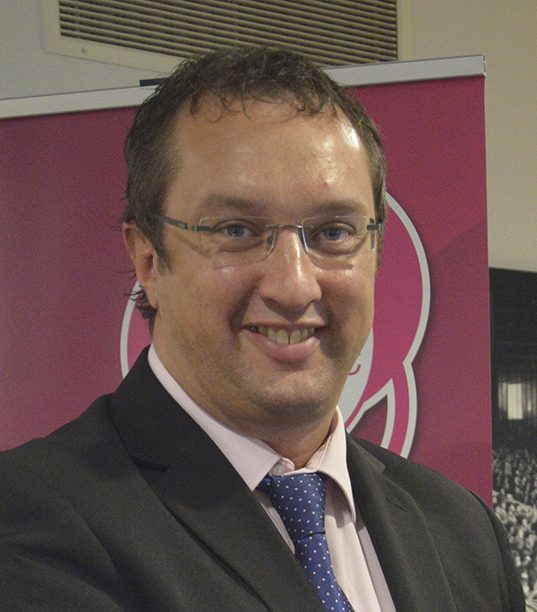“Raw sewage in Rio” debate shows value of UK investment in water treatment, says Lanes Group’s Richard Leigh

Fears over sewage contamination problems during the Rio Olympics demonstrate the value of the UK’s coordinated and long-term approach to improving seawater quality, says Lanes Group’s Business Development Director Richard Leigh.
An investigation by AP News has raised concerns that Olympic athletes could be made seriously ill by sailing and swimming in water contaminated with raw sewage, including human faeces, and even dead animals.
It reports that Brazilian government authorities admitted in January that they will miss targets to clean up Guanabara Bay, the venue for sailing and swimming events, in time for next year’s games.
Richard Leigh said the reports about potential contamination problems are alarming, and reflect the huge challenges any country faces when seeking to put in place effective sewage treatment systems.
He added: “We hope that Brazilian authorities sort out these problems. Water contaminated with raw sewage contains bacteria and viruses, which can be extremely harmful to human health and potentially fatal. Sewage is also very damaging to the environment.

“However, Brazil faces a huge challenge, because experience in the UK shows maintaining the quality of coastal waters used for bathing and water sports is not a quick fix. It requires significant long-term investment and commitment.
“In these terms, the co-ordinated approach of the UK Government, the European Union and water companies working together, increasingly with sporting groups, like surfing, swimming and sailing organisations, shows what can be achieved, and their success should be applauded.
“For example, when the sailing competitions were held in Weymouth during the London 2012 Olympics there were no concerns raised about sewage at all. That is because of many years of investment by Wessex Water, and other agencies in the UK, to clean up coastal waters.
“The EU, quite rightly, has challenging quality standards for bathing water and beach cleanliness. Water companies, like South West Water and Welsh Water, are meeting that challenge with capital programmes that are committing billions of pounds to continuously improve water quality on Britain’s beaches.”
Lanes Group, a UK leader in specialist drainage and maintenance solutions, is playing its part, supporting water companies across the UK with high quality sewer unblocking, maintenance, repair and rehabilitation services. This is helping ensure sewer systems work effectively, reducing the risk of sewage spills.
Richard Leigh said: “Of course there are still problems. Extreme weather events can cause sewers to overload, resulting in sewage contamination, which needs quickly cleaning up.
“The wrongful disposal of sanitary products and wipes down toilets, and the pouring of fats down sinks, create blockages that regularly cause sewage spills. Visitors to beaches also drop litter and waste, including plastics, which then get into the sea.
“We all have a part to play in keeping our beaches and coastal bathing water clean and safe.”







